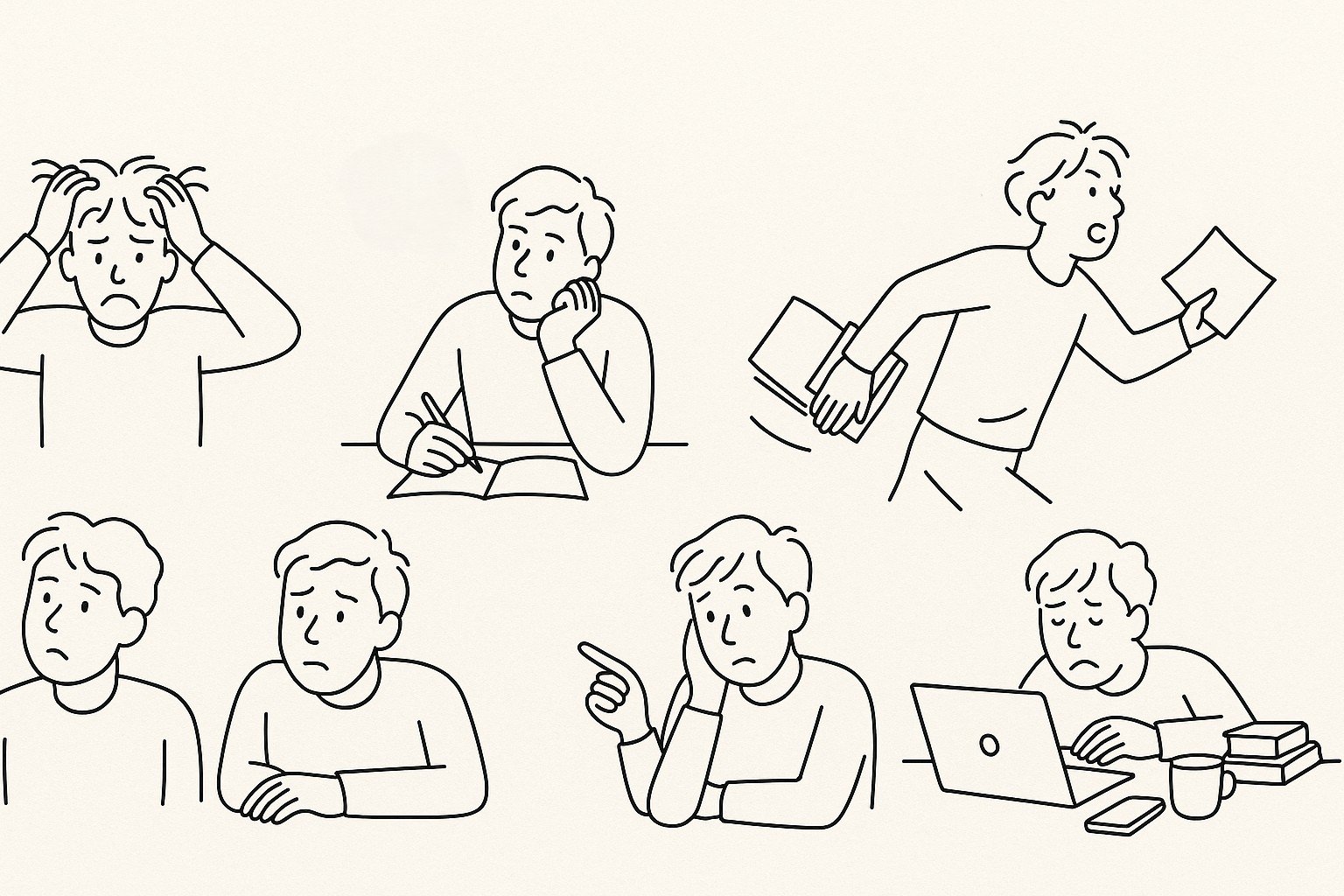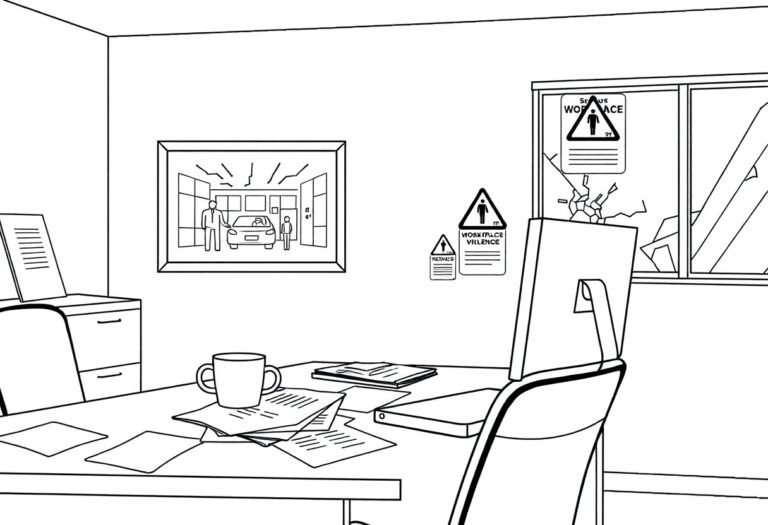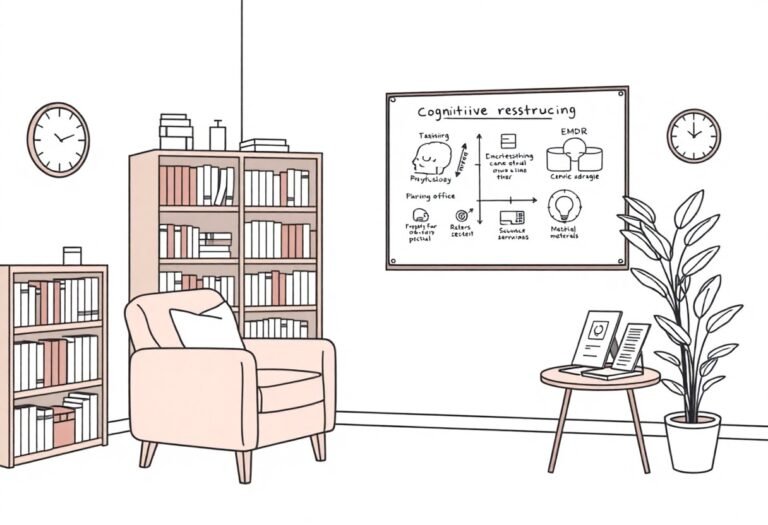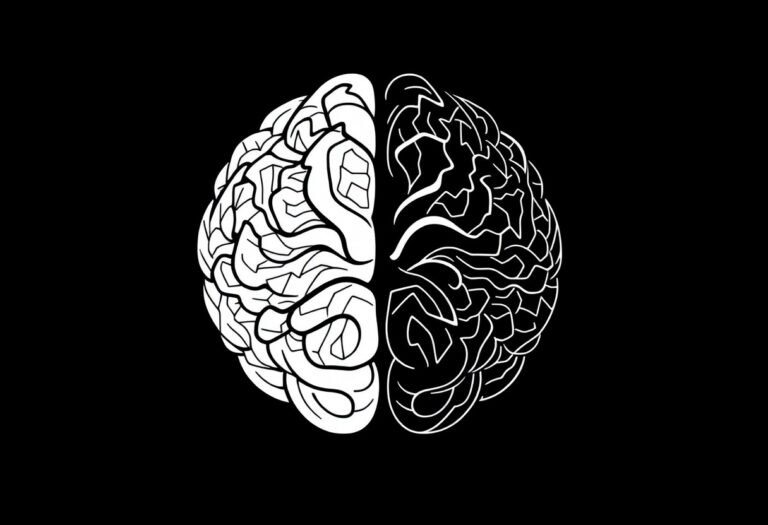Signs of Undiagnosed ADHD in Adults
Just because you are an adult doesn’t mean you are exempt from Attention Deficit Hyperactivity Disorder (ADHD). Many individuals go undiagnosed, leading to challenges in various aspects of their lives. You might find yourself struggling with time management, experiencing chronic forgetfulness, or feeling easily overwhelmed. Understanding these signs of undiagnosed ADHD in adults is vital for seeking help and improving your overall well-being, allowing you to thrive rather than merely survive.
Key Takeaways:
- Difficulty maintaining focus on tasks, often becoming easily distracted by external stimuli or internal thoughts.
- Struggles with organisation and time management, leading to missed deadlines and chaotic environments.
- Impulsiveness in decision-making results in hasty choices and challenges in personal and professional relationships.
- Chronic feelings of frustration, boredom, or restlessness, which may manifest as an inability to relax or unwind.
- Frequent forgetfulness about daily tasks or responsibilities impacts both personal and professional life.
Understanding ADHD in Adults
To fully grasp ADHD in adults, it’s imperative to recognise that this neurodevelopmental disorder can manifest differently than it does in children. Symptoms may include difficulties with organisation, chronic procrastination, and trouble maintaining focus in various aspects of life. Understanding these patterns can help you identify if you are experiencing symptoms of undiagnosed ADHD, enabling you to seek appropriate support and strategies for managing your day-to-day activities.
Common Misconceptions
Besides the belief that ADHD only affects children, many think that it diminishes with age. In reality, adults can continue to experience its effects, often in more subtle ways, such as emotional regulation or relationship challenges. This misunderstanding can lead to a lack of recognition and support for those struggling with the disorder.
The Importance of Diagnosis
About the ADHD diagnosis, getting a professional evaluation is vital for proper management. An accurate diagnosis helps you understand your struggles and opens doors to effective treatments, whether they involve therapy, medication, or lifestyle changes.
And not only does a diagnosis provide clarity, but it also lends you the tools to address challenges that might arise throughout your daily life. Without a professional evaluation, you may unknowingly suffer from ineffective coping strategies or misinterpret misunderstandings in your behaviour as personal failings. Armed with a formal diagnosis, you can foster self-awareness and build a supportive network, ultimately leading to a more fulfilling life and stronger relationships.
Behavioral Signs of Undiagnosed ADHD
If you find yourself often acting without considering the consequences or making impulsive decisions, these may indicate the presence of undiagnosed ADHD. You might struggle with waiting your turn in conversations or jumping into activities without proper planning, often leading to chaotic situations. Recognising these patterns can help in understanding the underlying issues that may be affecting your daily life.
Impulsivity
An impulsive nature can manifest in various forms, from interrupting others to making snap decisions without thinking through potential outcomes. Such behaviours often jeopardise your relationships and professional commitments, leading to feelings of regret or misunderstanding. Awareness of these tendencies is the first step towards addressing them effectively.
Chronic Disorganization
Behind a façade of normalcy, you may experience ongoing struggles with organisation and time management. Cluttered spaces, missed deadlines, and forgotten appointments may become the norm, making daily tasks feel overwhelming.
Even small tasks can seem insurmountable, and this chronic disorganisation may leave you feeling frustrated and anxious. You might find yourself constantly searching for misplaced items or failing to complete projects on time. This disorder not only affects your productivity but can also impact your mental wellbeing, leading to a heightened sense of chaos in your life. Gaining insight into this behaviour is vital as it can pave the way for implementing strategies that foster a more organised and manageable environment.
Emotional Signs of Undiagnosed ADHD
Your emotional landscape may be impacted if you have undiagnosed ADHD, often leading to difficulties in managing feelings and reactions. Frequent stress and anxiety can be commonplace, making it challenging to navigate daily life without feeling overwhelmed. You might find that your emotions can shift rapidly, leaving you feeling unsettled and unbalanced.
Mood Swings
Along with the challenges of emotional dysregulation, you may experience sudden and intense mood swings. This inconsistency can make it difficult for you to connect with others, as you may find yourself feeling ecstatic one moment and deeply frustrated the next. These mood changes can create turbulence in personal and professional relationships.
Low Frustration Tolerance
Around you, situations that others manage calmly might provoke intense frustration or irritation. This low frustration tolerance can lead to feelings of being easily overwhelmed or underappreciated, creating problems in both your personal interactions and work environment.
Mood swings associated with low frustration tolerance can manifest in ways that impact your quality of life. You might find yourself snapping at loved ones over minor irritations or feeling unjustly burdened by everyday tasks. In these moments, your response may feel disproportionate to the situation, leaving you feeling guilty afterwards. Recognising and addressing this pattern can help you cultivate a more stable emotional state, smoothing over relationships and enhancing your overall well-being.
Cognitive Signs of Undiagnosed ADHD
Many adults with undiagnosed ADHD often experience cognitive challenges that can significantly impact their daily lives. These include persistent difficulties in focusing on tasks, problems with memory retention, and struggles with organisation. Recognising these signs is important, as they can have substantial effects on your personal and professional relationships.
Difficulty Concentrating
After noticing a pattern of frequent distractions or an inability to stay focused during tasks, it may be an indication of undiagnosed ADHD. This can manifest in various situations, such as difficulty maintaining attention in conversations or becoming easily overwhelmed by your surroundings.
Challenges with Memory
Above all, challenges with memory often plague those with undiagnosed ADHD. You may find it hard to recall important details, which can lead to frustration and misunderstandings in your interactions.
In fact, persistent memory issues can severely hinder your ability to manage daily responsibilities, like remembering appointments or deadlines. This can significantly affect your confidence and productivity. Furthermore, these memory lapses might lead to miscommunications in both your personal and professional life, making it vital to identify this sign early. Seeking professional support can provide strategies to help you cope and improve your overall mental clarity.
Social Signs of Undiagnosed ADHD
Keep an eye out for various social signs that may indicate undiagnosed ADHD. You might find it difficult to maintain conversations, often interrupting others or struggling to follow along with discussions. Additionally, you might experience challenges in recognising social cues, which can lead to misunderstandings and awkward situations in group settings.
Struggles in Relationships
Besides, you may notice that your relationships often face difficulties. Your tendency to forget important events or fail to follow through on commitments can lead to frustration for loved ones. This can create a sense of distance or even conflict, as others may perceive you as inattentive or inconsiderate.
Social Withdrawal
Struggles with social withdrawal can also be a significant indicator. You might feel overwhelmed in social situations, leading you to avoid gatherings or outings altogether. This avoidance can stem from a fear of judgment or the potential for misunderstanding, causing you to retreat into your comfort zone.
For instance, if you frequently decline invitations to social events or find yourself feeling anxious and overwhelmed in public spaces, it may be a sign of your struggles with ADHD. You may feel more comfortable spending time alone, leading to a cycle of isolation that can further impact your mental health. Engaging with friends and family may become increasingly challenging, as your desire to connect clashes with your discomfort in social settings.
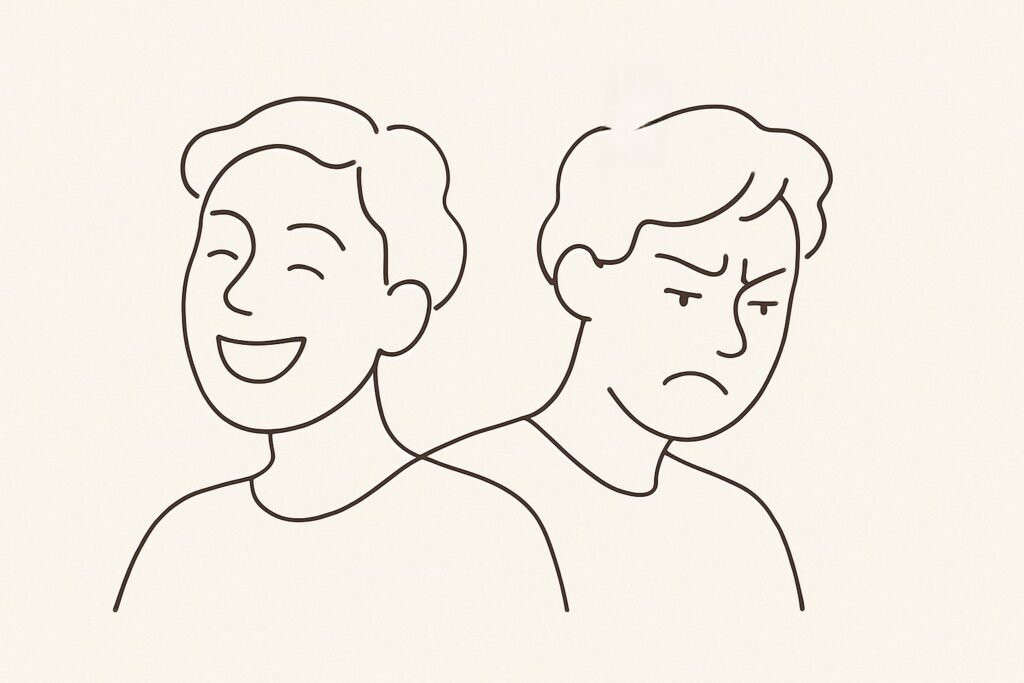
Seeking Professional Help
After recognising signs of undiagnosed ADHD in yourself, it may be time to seek professional help. Consulting with a healthcare provider can be an important step towards understanding your experiences and obtaining an accurate diagnosis. Professional input can also guide you in managing symptoms effectively and improving overall quality of life.
When to Reach Out
Below are some indicators that it’s time to reach out for support: persistent challenges with organisation, difficulty in focusing, or ongoing issues in managing daily responsibilities. If these symptoms are impacting your relationships, work, or mental wellbeing, it’s advisable to seek professional advice without delay.
Diagnostic Process
For an accurate diagnosis of ADHD, a thorough assessment by a qualified professional is necessary. This typically involves a comprehensive evaluation of your medical history, symptom patterns, and possibly standardised ADHD tests.
Consequently, the diagnostic process may also require input from family or friends to provide insight into your behaviour and challenges over time. The professional might explore co-existing conditions, which can influence your symptoms. Understanding the intricacies of your experience is vital to develop an effective treatment plan tailored to your unique needs. Following the diagnosis, you can explore various management strategies, including therapy, medication, and support groups, enhancing your potential for a fulfilling life.
Conclusion
Considering all points, if you identify with signs such as chronic procrastination, difficulty maintaining focus, or feeling overwhelmed by tasks, it may indicate undiagnosed ADHD. Acknowledging these symptoms is the first step towards understanding your experiences better. Seeking professional assessment can provide clarity and help you navigate daily challenges more effectively. Embracing this knowledge enables you to develop strategies that improve your quality of life and fulfil your potential.
FAQ
Q: What are the common signs of undiagnosed ADHD in adults?
A: Common signs of undiagnosed ADHD in adults include difficulty maintaining focus on tasks, chronic procrastination, frequent forgetfulness, disorganisation in personal and professional life, and restlessness or difficulty relaxing. Adults may also experience emotional dysregulation, leading to impulsive decision-making or mood swings.
Q: How can I identify if my distractibility is related to ADHD?
A: If you find that your distractibility significantly impacts your day-to-day life, work, or relationships, it may be related to ADHD. This includes frequently losing track of conversations, being easily sidetracked by irrelevant stimuli, or struggling to complete tasks due to overwhelming distractions. Keeping a record of these instances may help clarify if they are consistent patterns in your behaviour.
Q: What impact does undiagnosed ADHD have on personal relationships?
A: Undiagnosed ADHD can strain personal relationships due to misunderstandings and frustrations. Partners may feel neglected due to forgetfulness or the inability to follow through on commitments. Additionally, impulsivity and emotional intensity can complicate communication, leading to conflict and dissatisfaction in relationships.
Q: Are there any specific occupational challenges faced by adults with undiagnosed ADHD?
A: Yes, adults with undiagnosed ADHD may struggle in occupational settings. Challenges can include difficulties with time management, meeting deadlines, maintaining attention during meetings, and organisation. These issues can lead to performance problems and affect career advancement if not addressed.
Q: What steps should I take if I suspect I have undiagnosed ADHD?
A: If you suspect you have undiagnosed ADHD, consider seeking an evaluation from a mental health professional. This could involve filling out questionnaires, undergoing cognitive assessments, and discussing your behavioural patterns. Additionally, maintaining a log of your symptoms can provide valuable insight to your clinician during the evaluation process.

